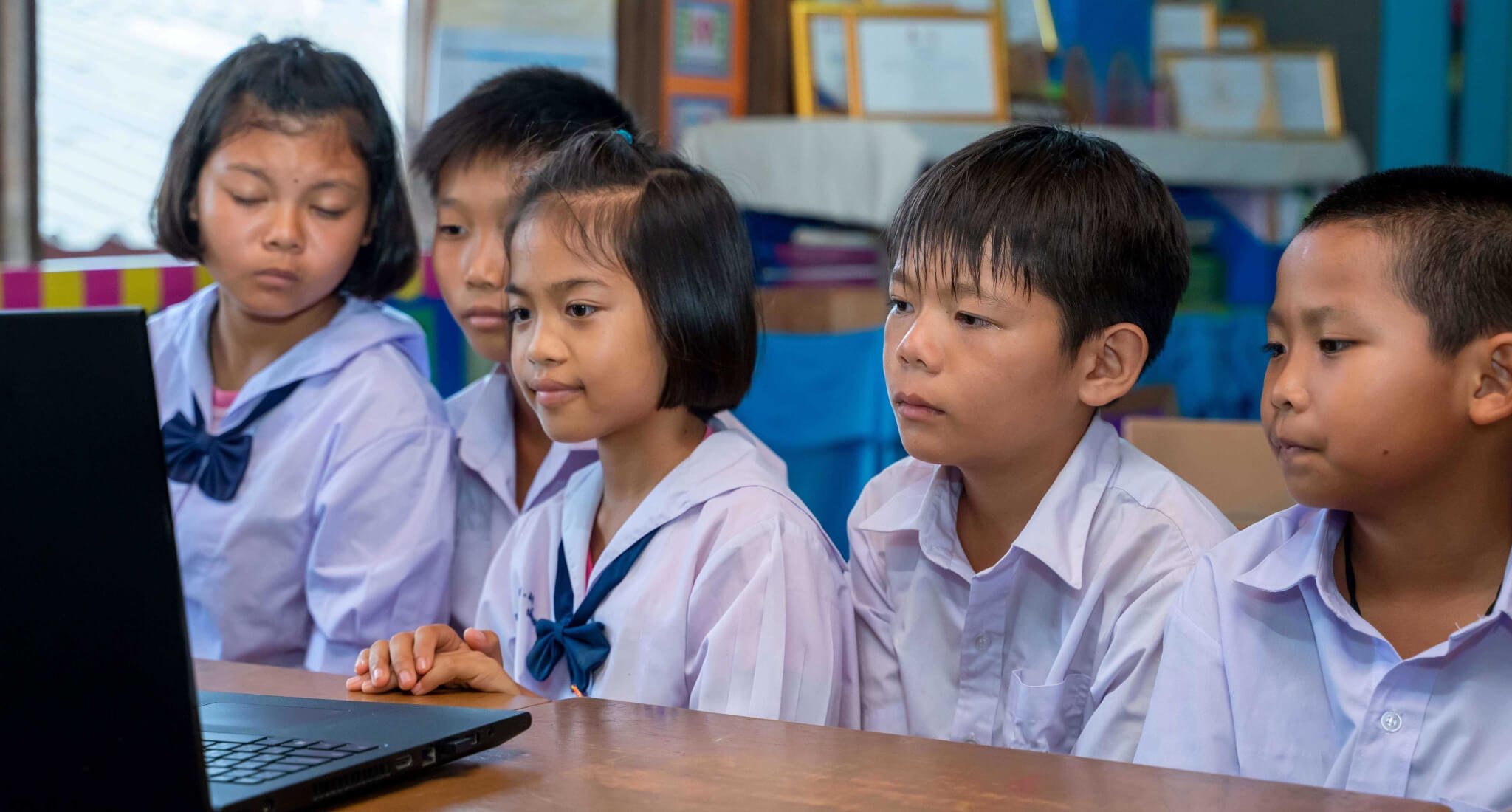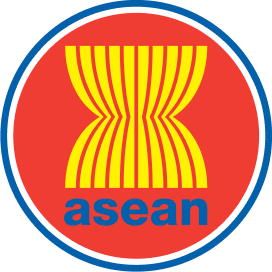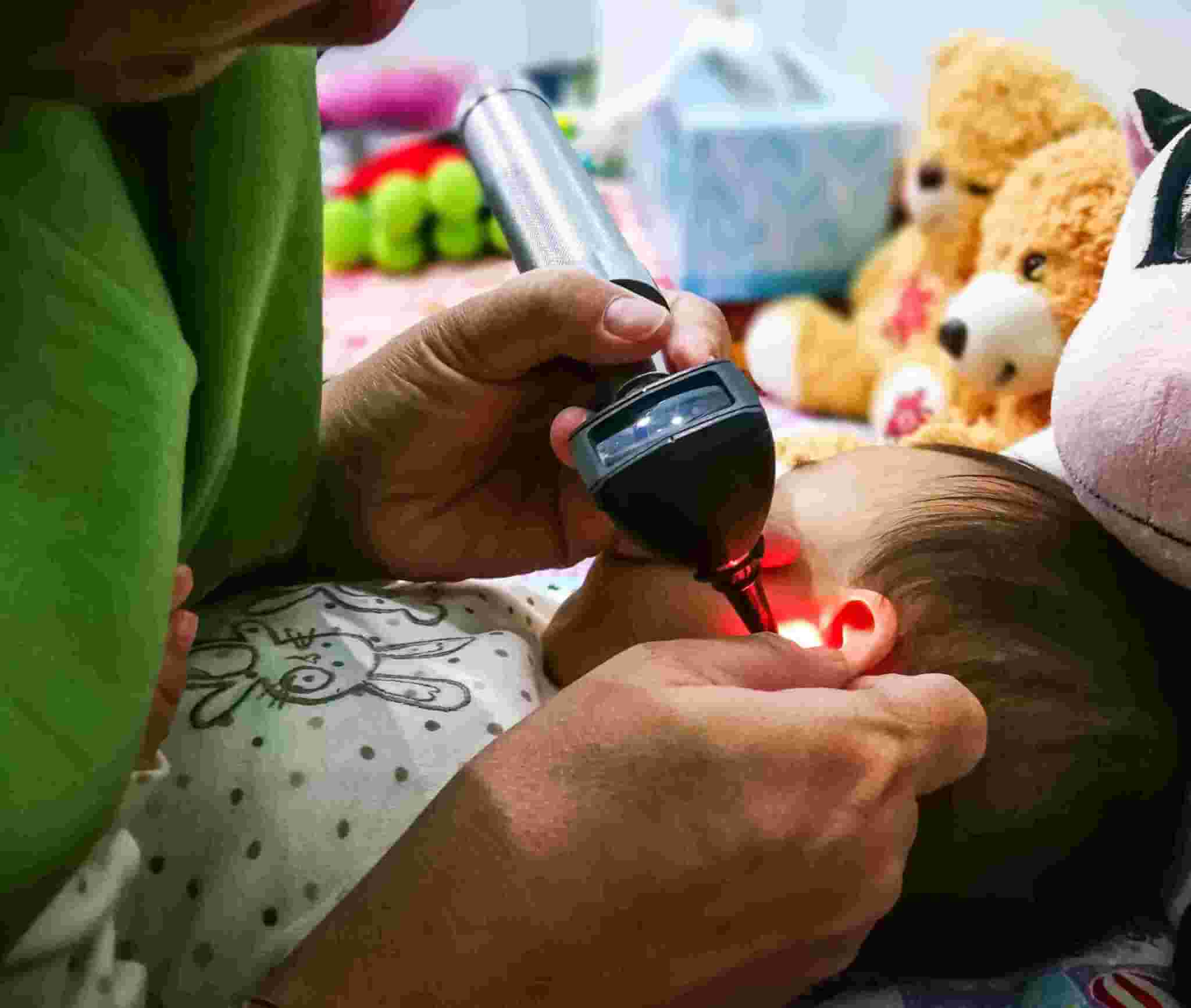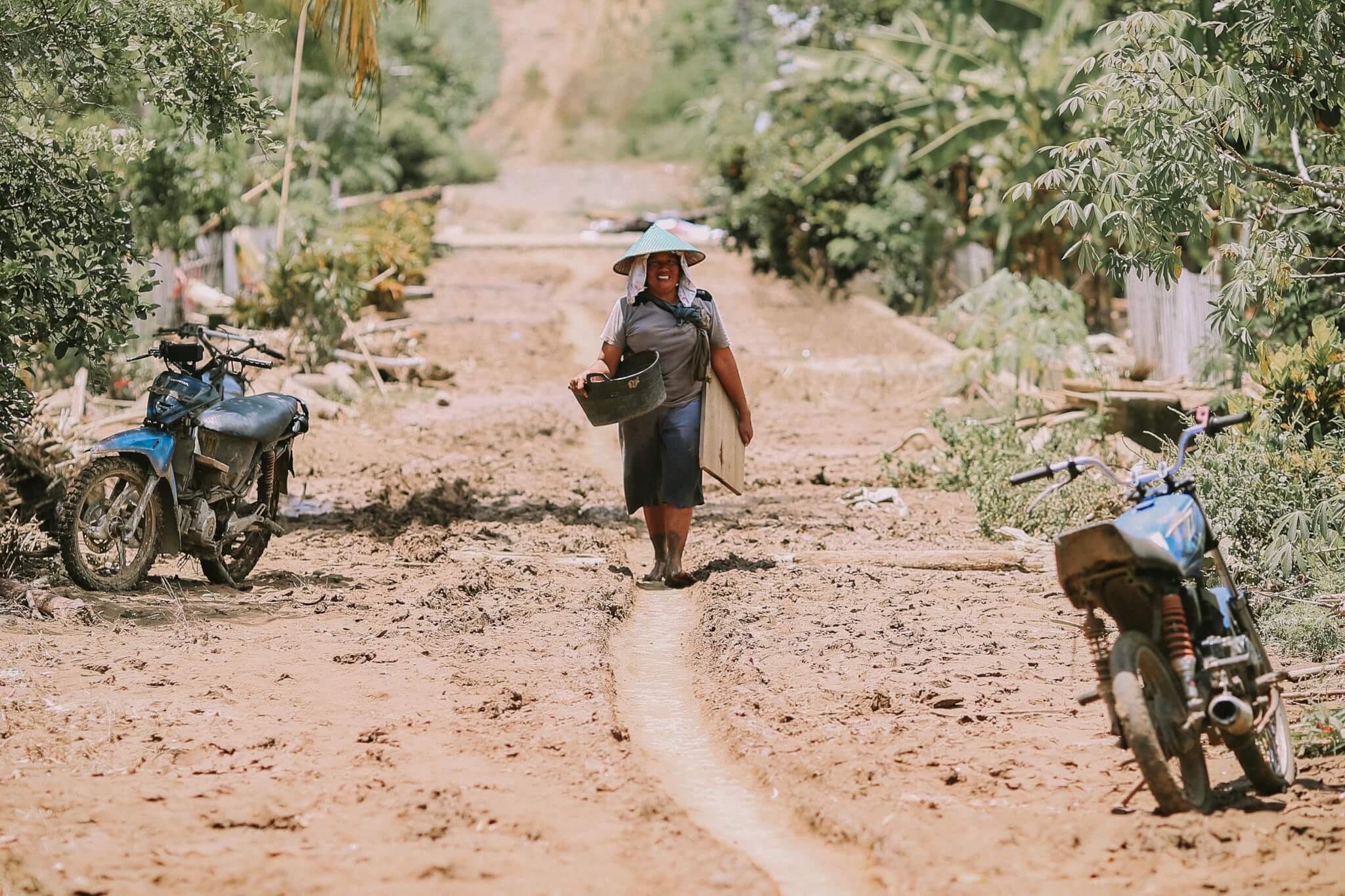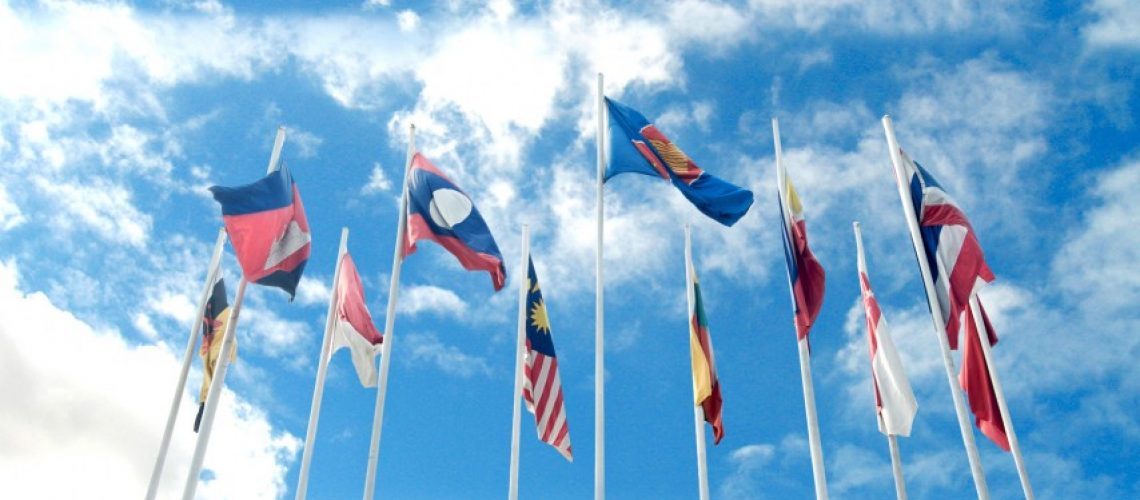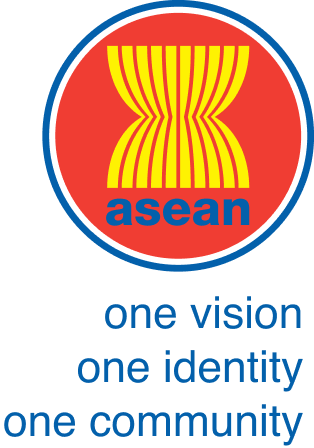


The ASEAN Leaders' Declaration on Early Childhood Care and Education (ECCE) in Southeast Asia adopted at the 43rd ASEAN Summit held in Jakarta, Indonesia from September 4-7, 2023, signifies a regional commitment to improving access to quality ECCE programmes for young children across the region, outlining not only the problems but also clear definitions and actionable strategies.
The declaration acknowledges pre-existing challenges in the region's ECCE landscape. Limited access, particularly for vulnerable populations, inadequate funding, and a lack of coordinated governance have hampered the full potential of ECCE programmes. The situation was further exacerbated by the COVID-19 pandemic, which disrupted learning and development for many young children.
Recognising the critical importance of early childhood for lifelong learning and well-being, ASEAN leaders pledged to address these challenges. The declaration provides a comprehensive definition of ECCE, ensuring a common understanding across member states. It goes beyond just childcare to encompass a holistic approach that fosters a child's cognitive, social, emotional, and physical development.
The declaration further outlines several key strategies to improve ECCE quality and access.
Quality
The declaration emphasises the quality of ECCE programmes as a cornerstone for a child’s holistic development. These programmes should be play-based and child-centred, fostering a love for learning through engaging activities that cater to each child’s individual needs. They should also be culturally responsive and locally rooted, embedding cultural heritage while equipping children to address future challenges. Furthermore, they should be designed for global citizenship and sustainable development, preparing children to thrive in an interconnected world with an understanding of environmental responsibility. Inclusive and protective measures must be ensured, guaranteeing all children have access in their native language whenever possible, respecting diversity and promoting the rights of every child.
Access
The declaration acknowledges the current limitations on access to ECCE, particularly for disadvantaged populations. To address this, it calls for increased government funding to ensure at least one year of pre-primary education for all children. It advocates for the development of affordable and accessible programmes, both formal and non-formal options, including complementary health, nutrition, and child protection services. Prioritisation in national agendas is crucial and should be secured through policy and legal frameworks with dedicated budgetary allocations.
ECCE Workforce
The declaration recognises that a well-trained and supported workforce is vital for delivering quality ECCE. It outlines strategies to strengthen this area by enhancing the skills and competencies of ECCE professionals, including those working in non-formal settings, through high-quality training programmes. Ensuring educator well-being is paramount, achieved through improved working conditions, competitive remuneration, and mental health support. Addressing gender bias is also highlighted, encouraging more men to enter the ECCE workforce, fostering diversity within the field.
ECCE Sector Partnership and Governance
The declaration stresses the importance of collaboration between various stakeholders, calling for the promotion of inter-ministerial and inter-governmental collaboration within and across ASEAN countries. Strengthening partnerships between governments, civil society organisations, international agencies, academic institutions, and the private sector is crucial. Multisectoral collaboration must be reinforced to deliver holistic, integrated, and inclusive ECCE programmes.
The declaration recognises the crucial role of parents and caregivers in a child’s development and calls for enhancing their capacity to provide nurturing care. It highlights shared parenting approaches, supporting parents in their roles through educational programmes. Supporting enrolment and retention is essential, facilitated through parent education, local ECCE campaigns, and family support policies, with a focus on vulnerable groups. Transition support should be provided, offering guidance for parents as their children move from home to ECCE and then to primary education.
Digital Technologies
While the declaration doesn’t explicitly mention digital technologies as a focus area, it acknowledges the rapidly digitalised world. This suggests potential for incorporating age-appropriate technology tools to enhance learning experiences, making learning more interactive and engaging. Moreover, it could improve access and equity, reaching children in remote areas or those with disabilities through technology-based solutions. Digital platforms could also support educator training and development, utilising online resources and platforms for ongoing professional development.
Finance
The declaration acknowledges the need for sustainable financing of ECCE programmes and calls for the development of evidence-based policy frameworks to mobilise resources from multiple sources, including governments, private sectors, international agencies, and communities. It prioritises access for vulnerable children, directing resources towards ensuring participation for the most marginalised populations.
